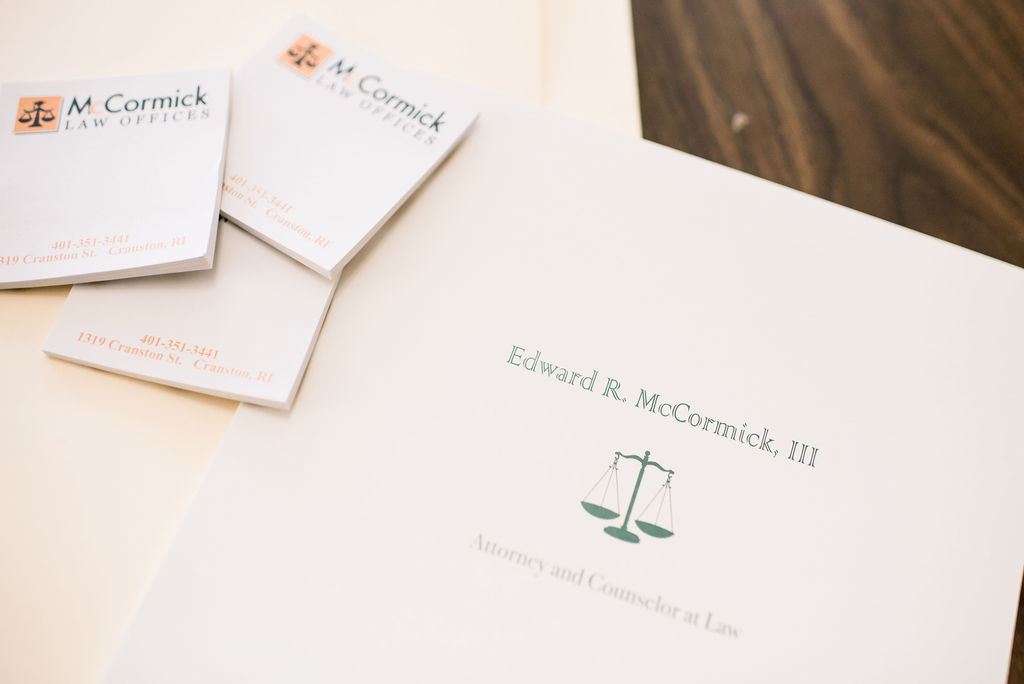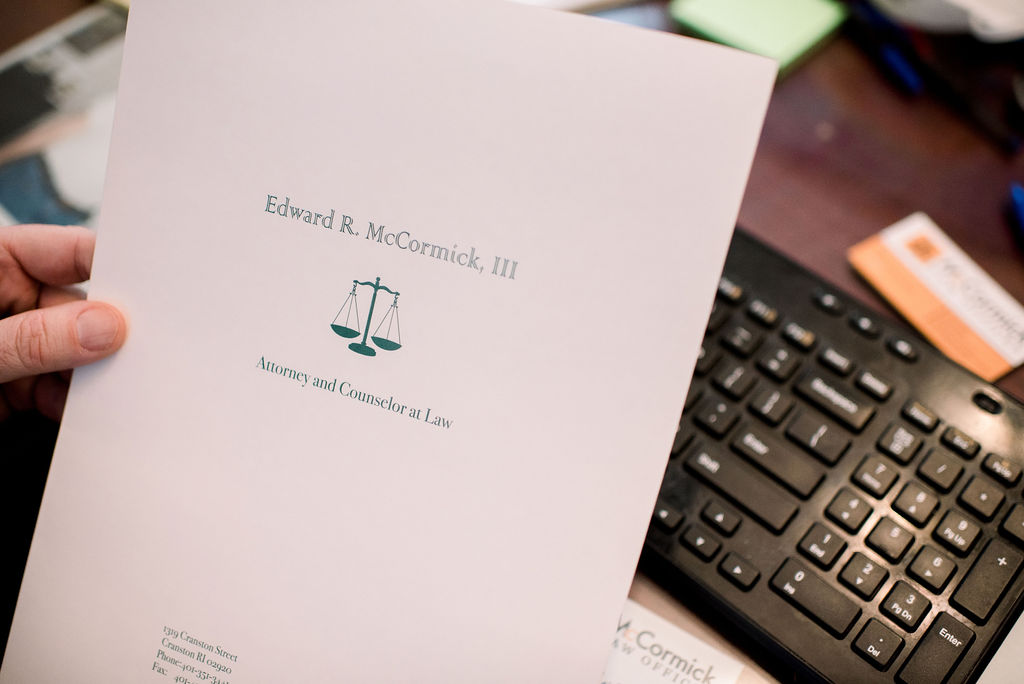Understanding Your Options in a Difficult Time
When a relationship ends or becomes strained, many couples face the difficult question: Should we divorce—or separate?
In Massachusetts, legal separation and divorce are two distinct legal paths. Both affect your finances, family arrangements, and future—but they carry different legal meanings, outcomes, and processes.
At McCormick Law Offices, we help individuals and families navigate these personal transitions with clarity and care. Here’s what you need to know if you’re weighing the options.
What Is Legal Separation in Massachusetts?
Unlike some states, Massachusetts does not recognize “legal separation” as a formal legal status. However, couples can achieve similar outcomes through a process known as a “separate support” action.
A separate support petition allows you to:
- Live apart
- Seek court-ordered financial support (alimony or child support)
- Create child custody or visitation agreements
- Determine who stays in the home or who pays bills
This route is often used by spouses who want space or financial/legal boundaries—without officially ending the marriage.
Why Choose Legal Separation Over Divorce?
Some couples opt for separation instead of divorce because of:
- Religious beliefs
- Health insurance concerns
- Financial planning (e.g., pensions or tax benefits)
- Emotional uncertainty or hope for reconciliation
While a separate support agreement does not terminate the marriage, it creates enforceable legal protections while spouses live apart.
What Is Divorce?
Divorce is the legal termination of a marriage. Once a divorce is finalized, both parties are free to remarry and fully separate their lives and legal ties.
Massachusetts offers both:
- No-fault divorce (citing irretrievable breakdown of the marriage)
- Fault-based divorce (for issues like abuse, adultery, or abandonment)
A divorce decree includes rulings on:
- Property and asset division
- Debt allocation
- Child custody and support
- Alimony (spousal support)
- Health insurance continuation (if applicable)
Key Differences Between Separation and Divorce
Feature | Legal Separation (Separate Support) | Divorce |
Ends the marriage | No | Yes |
Court involvement | Yes | Yes |
Child custody allowed | Yes | Yes |
Property division | Not guaranteed | Mandatory |
Ability to remarry | No | Yes |
Insurance/tax impact | May preserve coverage | May result in termination |
How the Process Works in Massachusetts
For Separate Support:
- File a complaint for separate support in the Probate and Family Court
- Attend hearings to resolve temporary arrangements
- Agreements can be reached through mediation or court orders
For Divorce:
- File a petition for divorce (joint or contested)
- Exchange financial disclosures
- Resolve all marital matters (or go to trial if contested)
- Court enters a judgment of divorce after final hearing
Which One Is Right for You?
Here are a few considerations:
- You may want separate support if you’re unsure about divorce, need support, or want to maintain insurance.
- You may need divorce if you’re ready to move on legally, emotionally, and financially.
In either case, you’ll want to protect your rights and ensure fair treatment—especially when children, property, or finances are involved.
How McCormick Law Can Help
We’ve worked with families across Massachusetts for over 30 years—guiding clients through separation, divorce, and post-divorce matters with empathy and legal clarity.
Our family law services include:
- Separation agreements and court filings
- Divorce mediation or litigation
- Custody and child support representation
- Alimony negotiation
- Modifications and enforcement
We help you understand your options—and take action when the time is right for you.
Ready to Talk? We’re Here to Help.
Separation and divorce are never easy—but you don’t have to face them alone. Whether you’re seeking support while living apart or planning a permanent break, McCormick Law Offices offers the guidance and advocacy you need.
Contact McCormick Law Offices to schedule a confidential consultation today.
Legal Disclaimer
The information provided on this website, including all blog posts, resources, and service descriptions, is for general informational purposes only and should not be construed as legal advice. While McCormick Law Offices strives to keep content accurate and up to date, the law is constantly evolving, and the information presented may not reflect the most recent legal developments or apply to your particular circumstances.
No attorney-client relationship is established by viewing this website, filling out a contact form, or engaging with our content. An attorney-client relationship with McCormick Law Offices is only formed through a signed written agreement.
You should not act or rely on any information on this site without first consulting a qualified attorney regarding your specific legal matter. Any links to third-party websites are provided for convenience only and do not imply endorsement or responsibility for their content.
McCormick Law Offices serves clients primarily in Rhode Island and Massachusetts. Legal services are provided in accordance with the applicable laws and ethical rules of these jurisdictions.
If you need legal advice or representation, please contact our office directly to schedule a confidential consultation.







